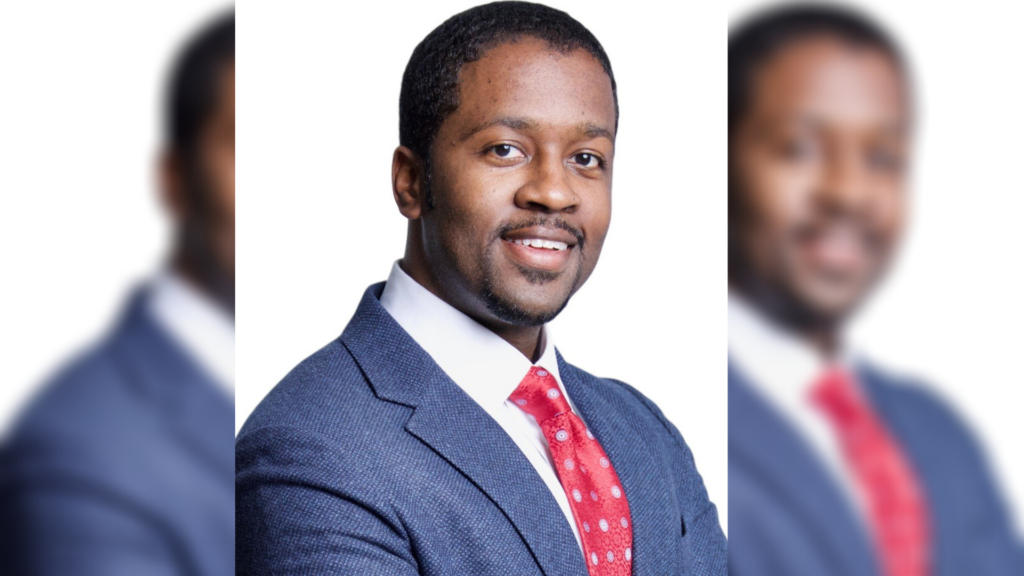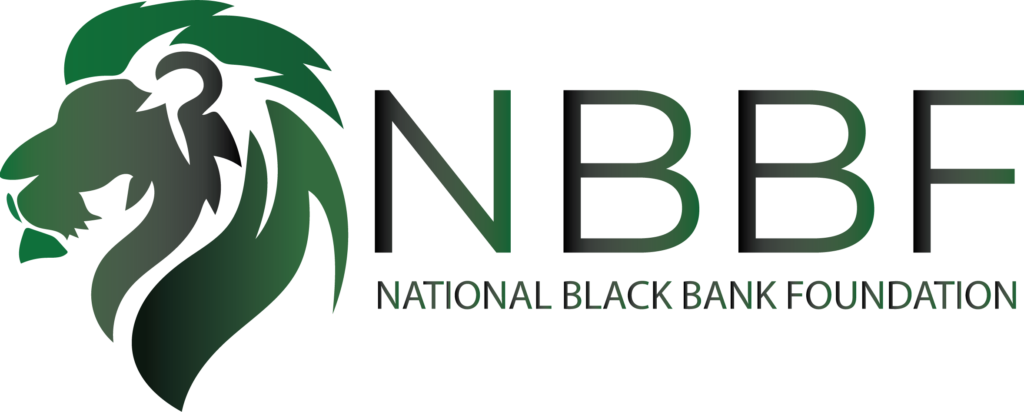How Black Bank Fund is fighting to build Black wealth
EXCLUSIVE: Co-founder Brandon Comer says their mission is to increase the wealth-generating potential of Black banking institutions across the US

Over the past year, countless companies, government entities, and influencers have initiated well-intentioned efforts to combat economic injustice in the U.S. Many have fallen short of their mission, namely because they lack a genuine understanding of the underlying factors that uphold financial inequity.
The Black Bank Fund, however, is a success story among the slew of those seeking to empower Blacks from economic disenfranchisement.
Disappointed with the lack of available opportunities for Blacks to earn capital, Gary, Indiana native, Brandon Comer co-founded The Black Bank Fund, an organization that seeks to increase the wealth-generating potential of Black banking institutions across the U.S.
Read More: Black-owned bank, OneUnited, reaches milestone 100,000 customers

“ [Black banks] are somewhat of a dying breed … but that hasn’t mitigated the overall importance and role that they play in the creation of Black wealth,” Comer tells theGrio, adding “they’re mission driven entities dedicated to the communities in which they’re housed.”
The path toward creating Black wealth is multi-dimensional. While the unprecedented paths of billionaires Shawn “Jay-Z” Carter and NBA Hall of Famer Michael Jordan are inspiring, such massive shares of capital don’t trickle down to the Black community at large, the way that some would like to believe.
Financiers like Comer and his colleagues at the fund understand and even appreciate this. Their goal is to ensure that everyday Black entrepreneurs and homeowners are unrestrained in their financial pursuits. Their moonshot is for the equity garnered by such asset-building activities to stimulate the Black economy — an effort that is critical now, more than ever.
Read More: Her Agenda and BOA partner to educate women on homeownership
“Over a half of Black businesses have been wiped out by the pandemic,” Comer says of the need for thriving Black banks amidst the COVID-19 pandemic. “There is an outcry for Black banks to fill that void.”

According to Comer, Black banks will only grow with a transformative shift in the way that consumers view and engage with the institutions. He encourages everyone to hold their primary accounts with Black banks, and to understand all funds held are insured FDIC — just as funds held with mainstream institutions are. It is equally important, according to Comer, for Black banking institutions to have the support and patronage of state and local officials.
“Some people have the question [what can I do] if there isn’t a Black bank where I am … so the question is what are elected officials doing to help encourage the growth and development of Black banks into their respective geographies?”
In December, Comer and other Black financiers made an impact in the Atlanta area when they struck a historic deal with the Atlanta Hawks. The team refinanced its $35 million construction loan for the Emory Sports Medicine Complex with a host of Black-owned banks, making the Hawks-franchise the first in history to have such a large amount of capital underwritten with Black-owned banking institutions.

The initiative will have a lasting impact, however, far beyond Atlanta.
“Institutional racism reflects itself in banking relationships and business decisions [among a host of other things]. We must ensure that [Black business entities] have the ability to grow and scale,” Comer says.
Part of the success of Black businesses and banking institutions, he says, is “the ability for us to think about Black participation in the economic ecosystem across the board.”
Though combating the systemic challenges that contribute to the racial wealth gap is not an overnight ordeal, Comer and the Black Bank Fund are well on their way to leading the issue.
Have you subscribed to theGrio’s podcast “Dear Culture”? Download our newest episodes now!
TheGrio is now on Apple TV, Amazon Fire, and Roku. Download theGrio today!
More About:Personal Finance News Finance






